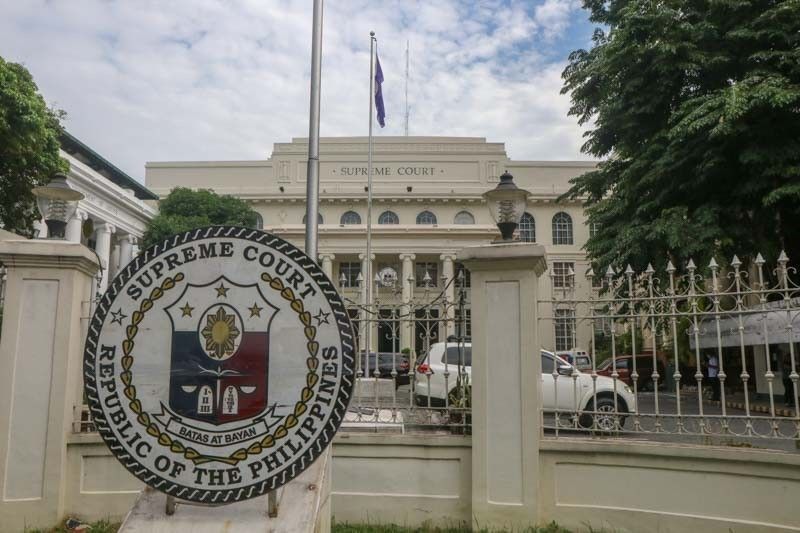LGU legal officers told they cannot represent in local gov't officials' cases

MANILA, Philippines — Legal officers from local government units (LGUs) are not allowed to represent local government officials in their cases before the Office of the Ombudsman, the Supreme Court (SC) said.
In a 12-page decision promulgated on March 27, 2023, the high court reprimanded lawyer Richard Enojo, after a disbarment case was filed against him.
However, he was not disbarred nor suspended from the practice of law by the SC but was issued a stern warning that a repetition of the same offense would be dealt with more severely.
“However, the Court sees the need for leniency in this case in light of respondent's honest belief that his acts were part of his duties and responsibilities as provincial legal officer. Instead, the Court finds that respondent must be reprimanded for his act of representing the Provincial Governor, which gave rise to a conflict of interest. The Court, however, stresses that the leniency of this penalty extends only to the present case and not to subsequent cases of legal officers representing their LGU's public officials when they are charged in their private capacities,” the decision read.
Enojo was a provincial legal officer of Negros Oriental appointed in 2011.
When the criminal cases against late Negros Oriental Gov. Roel Degamo reached the Sandiganbayan in 2013, Enojo served as the former governor's legal counsel.
However, his representation was challenged by the prosecutors of the Ombudsman, leading the Sandiganbayan to instruct him to cease representing the late governor.
Subsequently, Enojo still represented Degamo in his administrative cases that progressed in the Court of Appeals (CA) and eventually the SC.
It was during the proceedings in the SC that a petition for Enojo's disbarment was filed.
The Integrated Bar of the Philippines (IBP) subsequently directed Enojo to submit a response to the complaint. In his argument, Enojo contended that only "Sanggunian Officers" from the LGU are prohibited from serving as legal counsels in cases involving public officers, and that appointed legal officers are not covered by this prohibition.
After conducting an investigation, the IBP recommended the dismissal of the complaint against Enojo, citing lack of merit.
The IBP ruled that there is no law that prohibits the respondent (Enojo) from handling the case of his governor.
The SC, however, overturned the IBP's decision and said that Enojo engaged in an “unauthorized practice of law.”
“After conducting an investigation, the Integrated Bar of the Philippines (IBP) recommended the dismissal of the complaint against the lawyer, citing lack of merit. The IBP held that currently, "there is no law that positively prohibits respondent from handling the case of his Governor,” the court’s decision read.
According to the SC, Degamo’s cases and alleged offenses are “no longer deemed as official acts of the LGU he serves”, and thus “fall beyond the ambit of the lawyer’s functions as a provincial legal officer.”
“Verily, Degamo's alleged acts constituting those administrative offenses and crimes are no longer deemed as official acts of the local government unit which he serves; and as such, falls beyond the ambit of respondent's functions as provincial legal officer,” the ruling read.
The SC highlighted that if a legal officer working for a local government faces a conflict of interest by representing the LGU's top executive or any of its public officials in cases filed before the Ombudsman, it would be considered unauthorized practice of law.
- Latest
- Trending































